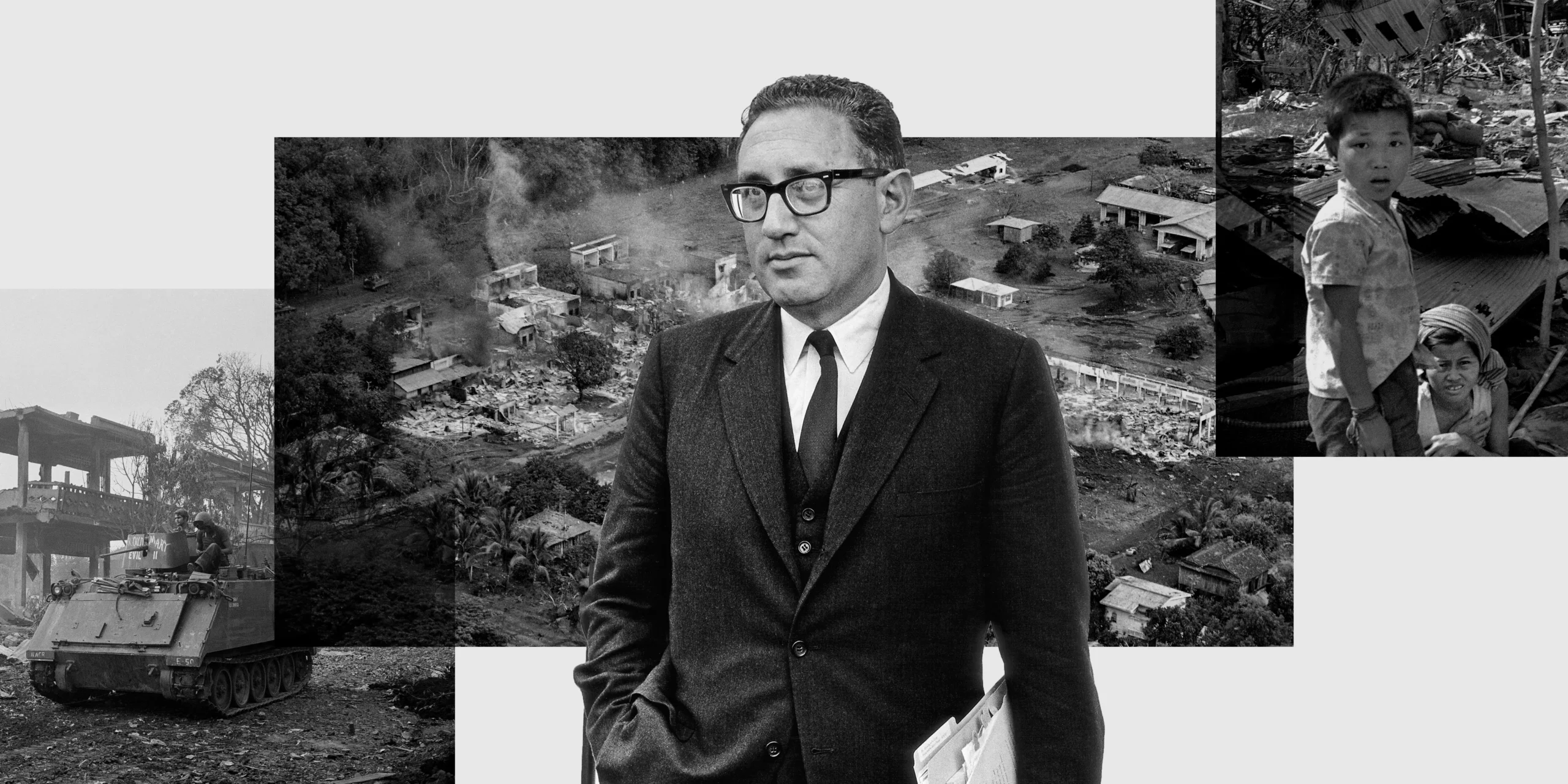The recent passing of Henry Kissinger, the enigmatic former US national security adviser and secretary of state, has ignited a diverse range of responses globally. Described as “controversial” by some and celebrated by others, Kissinger’s legacy is a complex tapestry woven with both accolades and accusations. This article aims to delve deeper into the man’s history, shedding light on his actions, particularly those that have left an indelible mark on the pages of modern history.
A Figure of Controversy:
Kissinger’s eight-year tenure from 1969 to 1977 was marked by a series of controversial decisions, directly resulting in the deaths of an estimated three to four million people. His staunch advocacy for a “bombs over diplomacy” approach, notably demonstrated during the Vietnam War, showcased a willingness to endorse some of the most brutal bombing campaigns in recent history. The ramifications of these decisions continue to reverberate, with innocent Vietnamese and Cambodian civilians still grappling with the consequences of the devastating military assaults.
Nobel Peace Prize Irony:
In a twist of irony, Kissinger was awarded the Nobel Peace Prize in 1973 for his role in the Vietnam War. Far from symbolizing a commitment to peace, this accolade underscored the West’s reluctance to hold its own war criminals accountable. Kissinger’s involvement in sabotaging peace talks and his expressed regret for not applying more force during the conflict revealed the contradictions inherent in the Nobel recognition.
Crimes Across Continents:
Kissinger’s influence extended far beyond Southeast Asia. In South Asia, he provided support to Pakistan during its genocidal actions in East Pakistan, present-day Bangladesh, in the early 1970s. Despite receiving multiple warnings from US diplomats about atrocities being committed, Kissinger approved shipments of weapons that perpetuated the violence. Furthermore, he played a pivotal role in the Indonesian invasion of East Timor in 1975, where estimates suggest over 200,000 people lost their lives due to the ensuing genocide, which lasted until 1999.
Latin American Interventions:
Across Latin America, Kissinger lent support to right-wing forces and coup plotters. In 1973, Salvador Allende, Chile’s democratically elected president, was overthrown in a coup with full US support. Three years later, after the military ousted President Isabel Peron in Argentina, Kissinger endorsed the horrific human rights abuses perpetrated by the ruling regime.
Middle East Meddling:
Kissinger’s role as a spoiler for peace in the Middle East cannot be understated. He not only undermined proposals for settlements between Israel and Arab states but also exhibited a shocking disregard for Jewish life. Recordings captured him downplaying concerns about Jewish emigration from the Soviet Union, revealing a callousness that defied humanitarian considerations.
Legacy of Imperial Policies:
Kissinger’s lasting impact on American politics shaped a narrative that justified imperial policies prioritizing the “national interest” at the expense of millions of lives. His influence even extended to the war on Iraq, where he advised President George W. Bush on the disastrous “shock and awe” strategy, despite the historical failures of similar tactics in Cambodia and Vietnam.
The Unanswered Questions:
As the world reflects on Kissinger’s life and death, a multitude of unanswered questions linger. Can powerful figures ever be held accountable for the immense human suffering they contribute to? Kissinger’s passing leaves behind a legacy of contradictions and moral ambiguities, underscoring the urgent need for justice in the face of war crimes.















